Understanding the New Work Rules [Part 2 of 2]
How has work changed in the last decade? Let's count the ways: remote work is now an option, there's BYOD now, there's big data, and no more punch clocks. But trying to list all the various ways that work has evolved would be impossible so instead, we put together 10 new "work rules" which should help anyone navigating the modern workplace. Think of these as our 21st century work rules.
This is the second in a two-part series about the new work rules. In part one, we talked about the new office and the new metrics . Below, we continue with rules 6 to 10.
PART III. THE NEW COLLABORATION
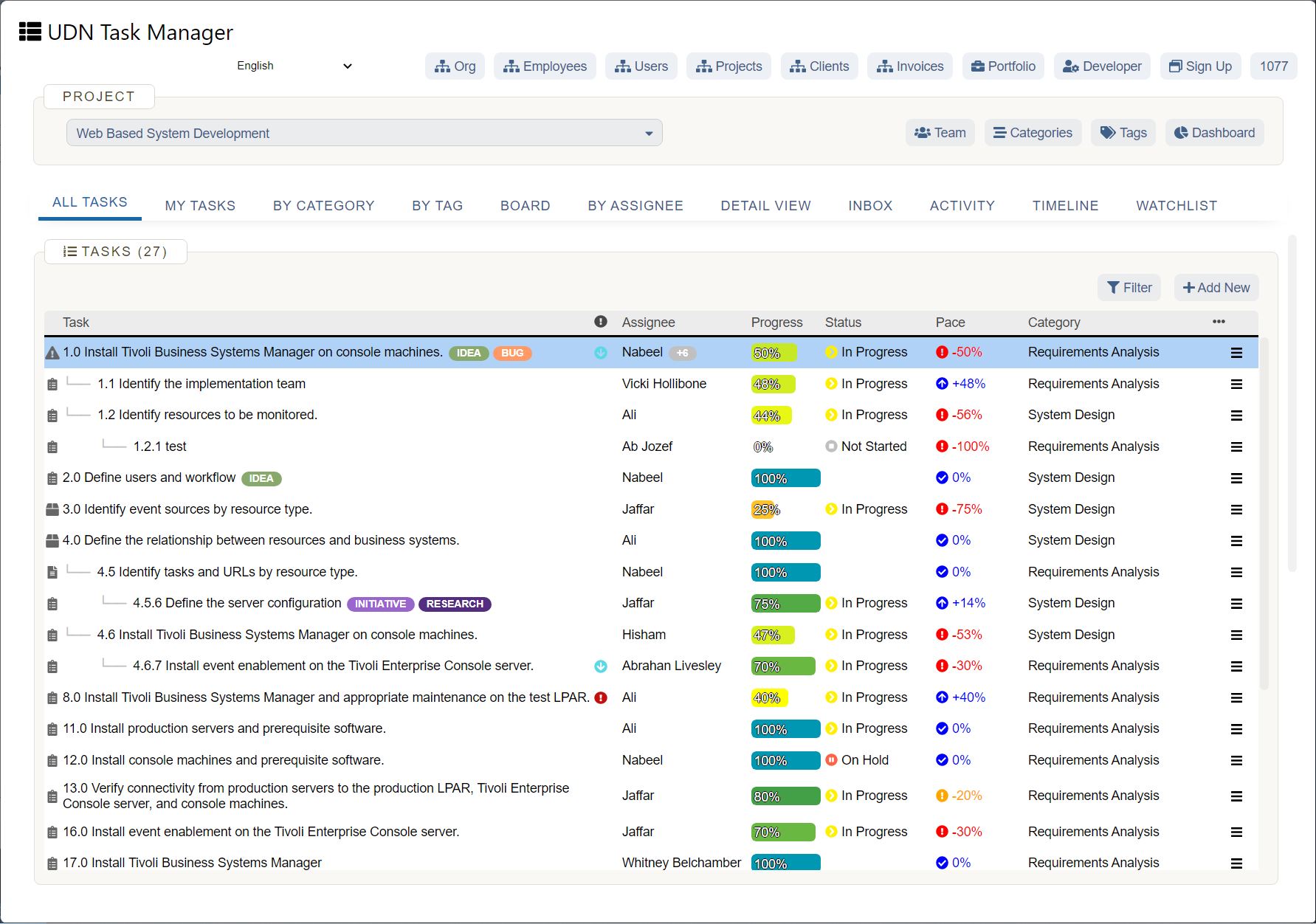
6. Teamwork, Not Silos
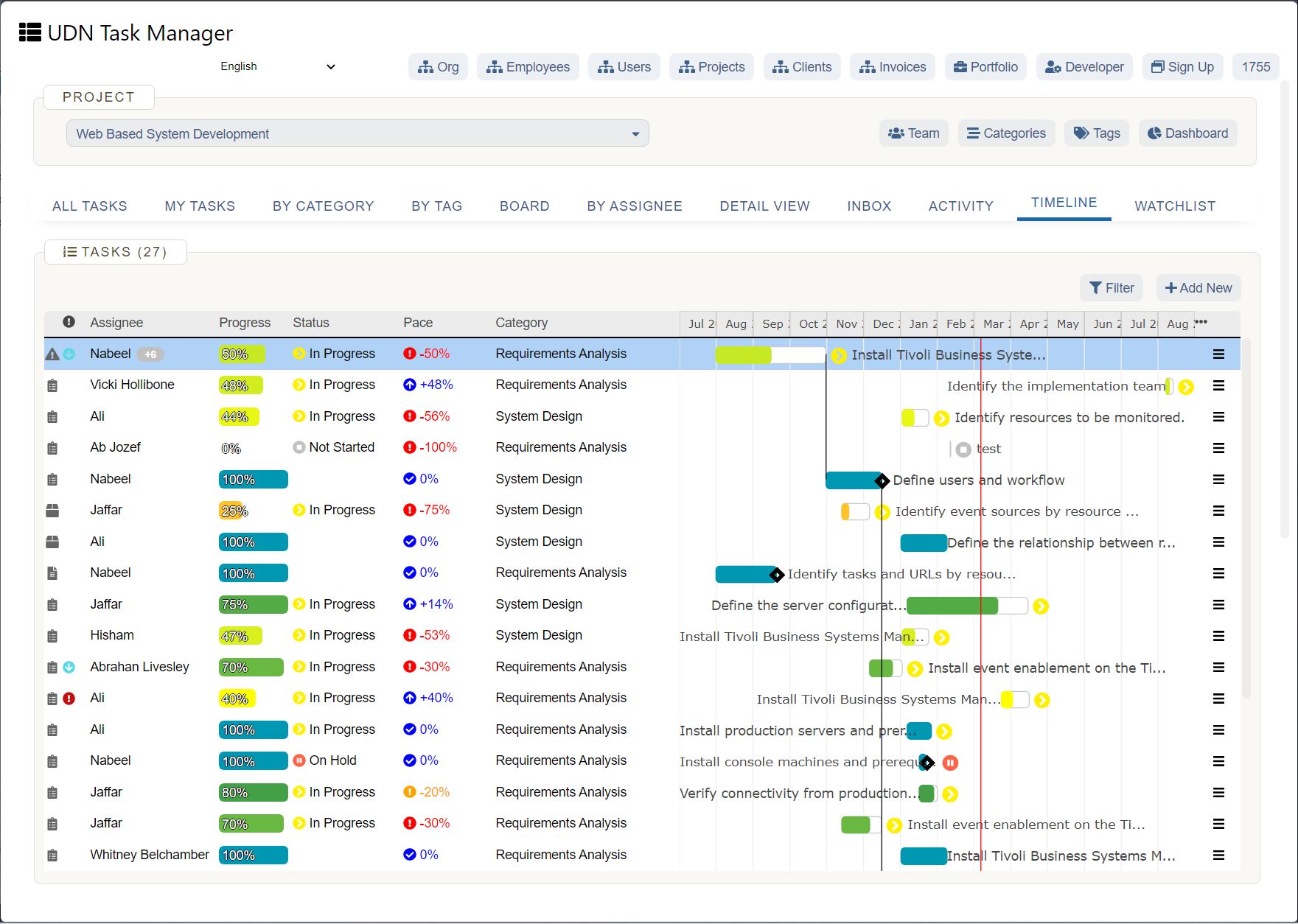
The old : In days past, workers could get by working in individual silos. Some would even cement their position in a company by hoarding information and skills. For example: product teams might refuse to share what they were working on with marketing teams, leading to constant last minute scrambling to promote new features. A lack of coordination was common, making work more of a chore than it needed to be.
Sounds like : "You do your part, I'll do my part."
The new : Teams that don't openly share work information and skills are the ones that don't succeed. And today, thanks to tools and technology that allow easy sharing of work data and discussions, it's pretty convenient to disseminate info on projects, and even give the entire company visibility into a team's workload. Sounds like : "Please share the Go-To-Market plan with me on our project management tool so we can prepare the collateral."
Read :
7. Open Info, Not Locked Folders
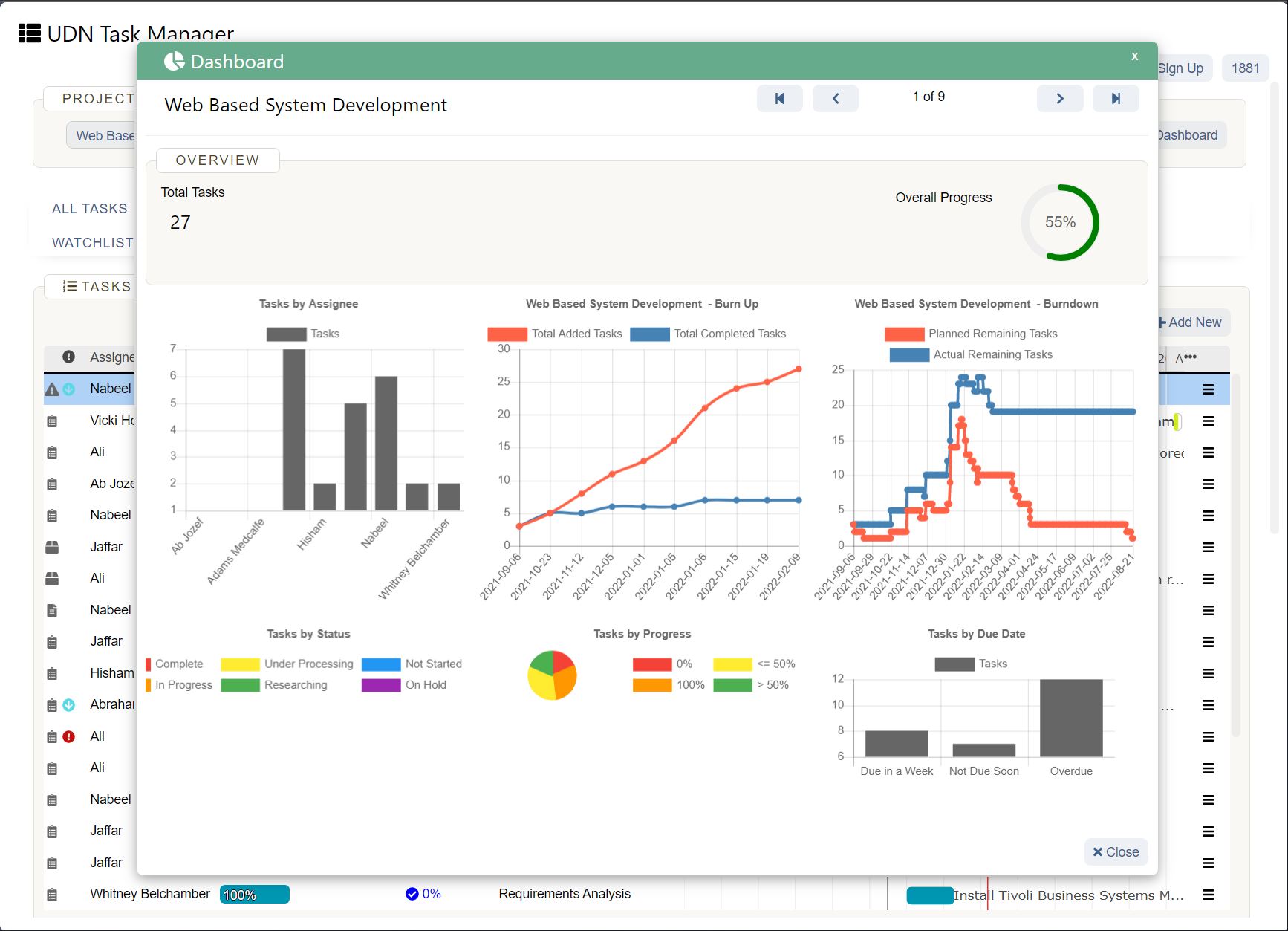
The old : Once upon a time, information was stockpiled as a security measure. Workers would hoard information on their individual processes or hold their unique skills close to the vest in order to remain indispensable and to secure their place in an organization. Of course, this resulted in bottlenecks and roadblocks. Tasks would necessarily have to flow through them in order to get done, because no one else could do what they did. And that's just how these hoarders wanted it.
Sounds like : "He's the only one who knows how this thing works. You'll have to ask him."
The new : These days, leading companies emphasize open collaboration and sharing, not just of processes, but also skills and experience. With the advent of cloud collaboration tools such as wikis, internal blogs, and project management software, the technology can now more efficiently capture knowledge and share it with the rest of the organization. This technology makes it pretty obvious when stubborn people want to protect their turf because they end up blocking everyone else's progress.
Sounds like : "If anyone needs recommendations on what free tools they can use for Twitter or Facebook, I wrote it all down in our wiki. Here's the link."
Read :
8. Self-Organization, Not Top-Down Dictatorship
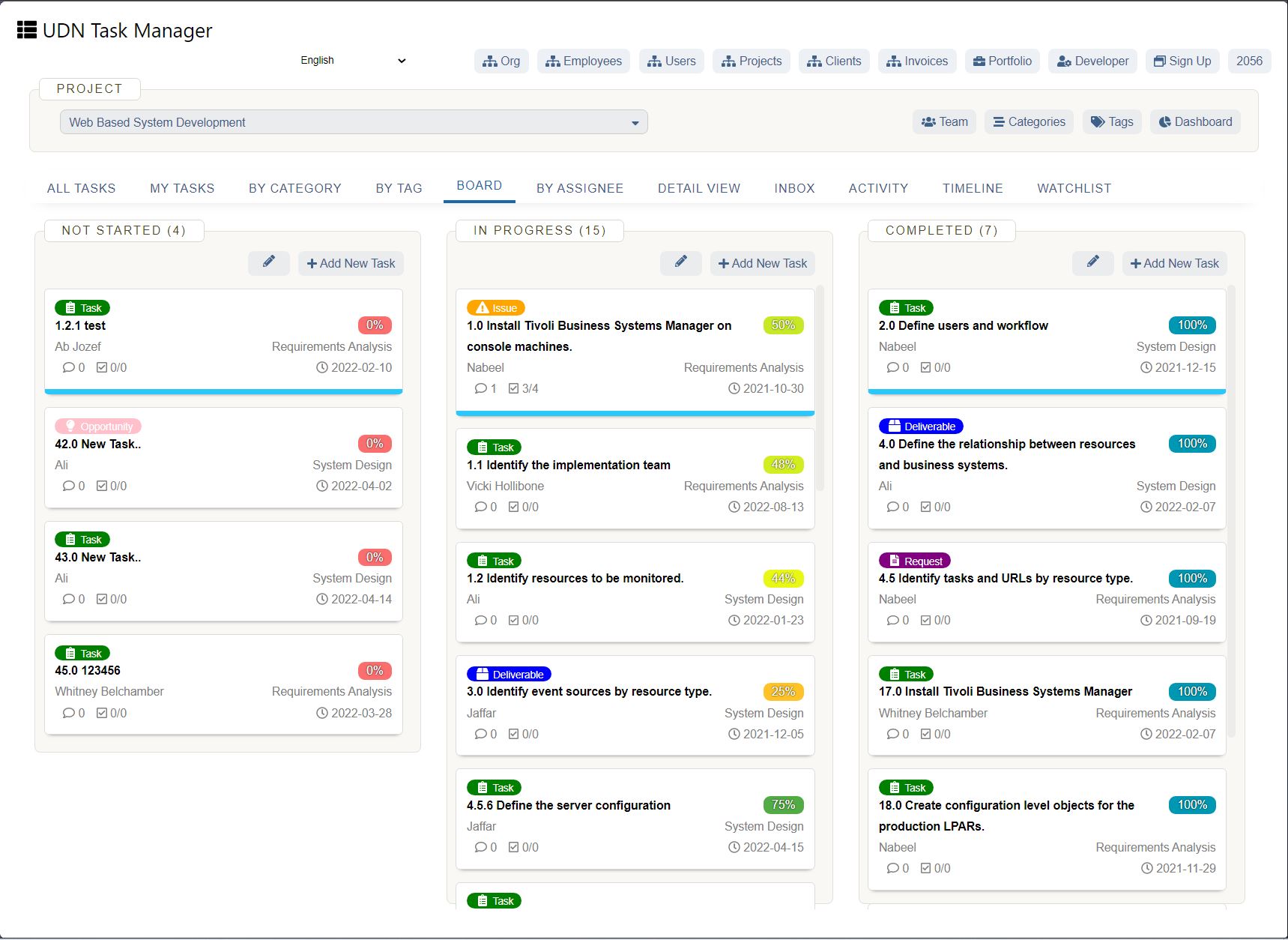
The old : It used to be that every task and every to-do item was dictated to the staff by a manager. Priorities were set from the get-go and there was typically little wiggle room on deadlines. The response when something new came along that wasn't on the original list of to-dos? "That's not in my job description. I just work here."
Sounds like : "Do these two things by Friday!"
The new : These days, more progressive companies are allowing employees to make decisions on their work, understanding that choice creates happiness. Research has proven time and again that employees are happiest and most productive when they have the autonomy to decide on certain aspects of their job — whether that means choosing what they work on, when deadlines are, or their own work-from-home rules. Of course, this ability to self-organize presupposes that you've hired responsible adults who know best how to get things done. Anyone with an "I just work here" attitude won't survive this new self-organizing culture.
Sounds like : "Let's brainstorm ideas for the blog, and then you can go in and pick which posts you want to complete this week."
Read :
PART IV. THE NEW CULTURE
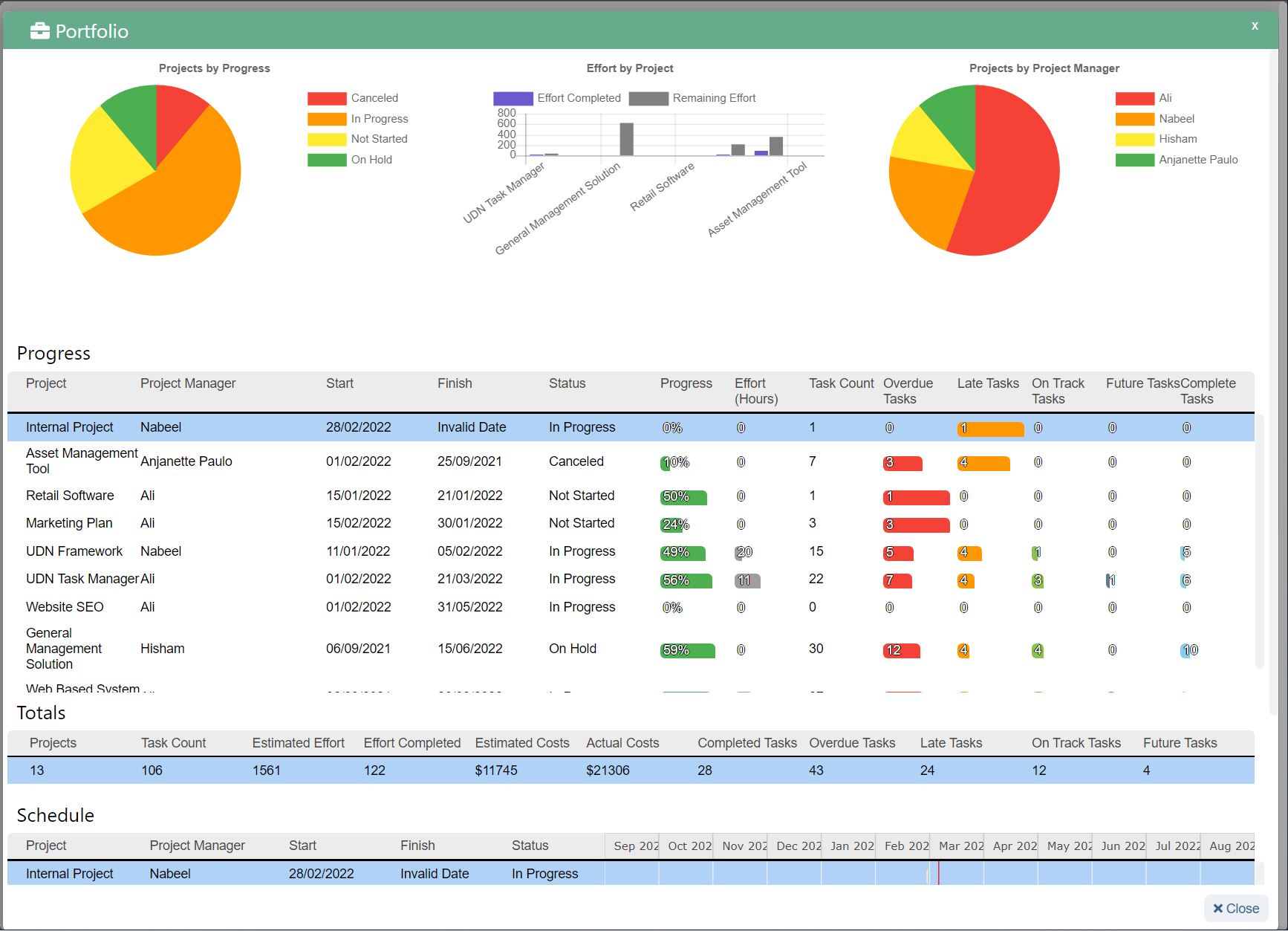
9. Hire For Personality, Not Genius
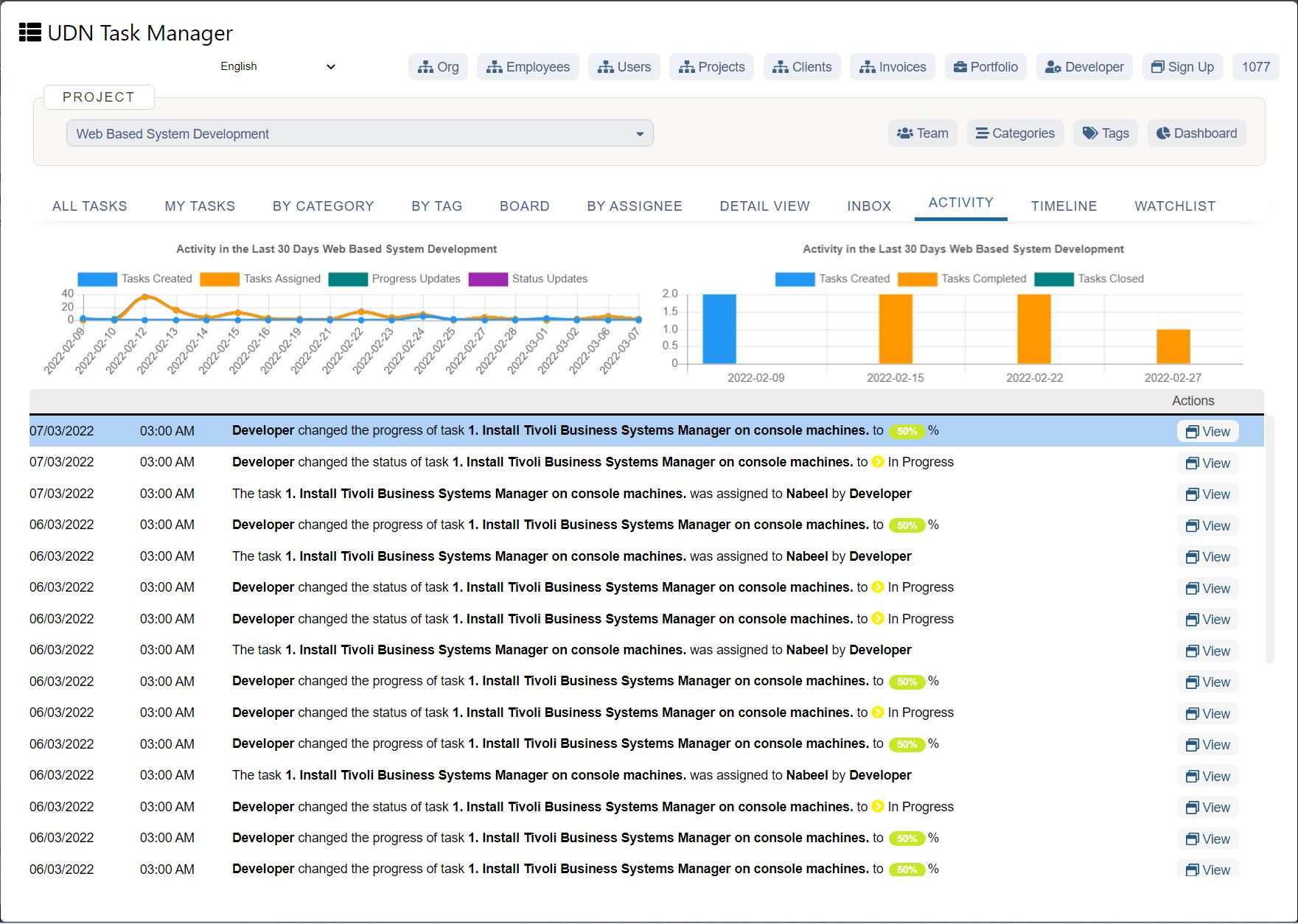
The old : Hiring managers once thought that it was their task to find and onboard the smartest, most proficient, most intelligent talents. And for all we know, this may still be the case in certain organizations where raw cognitive power is prized above all other skills.
Sounds like : "We want the smartest minds of this generation!"
The new : Things have changed and degrees and certifications are no longer the deciding factor. Especially in startups and smaller, more agile companies, new hires are hired more for their character, their ability to work well with others, and their willingness to wear many hats or go above and beyond their job descriptions. Since everyone inevitably manages projects , finding candidates willing to oversee work that is outside their comfort zone, or that entails intense collaboration with other departments, is much preferred over "solo rockstar" abilities.
Sounds like : "Give me an example of a time in your career when you worked really well with a team?"
Read :
10. Culture is Values, Not Perks
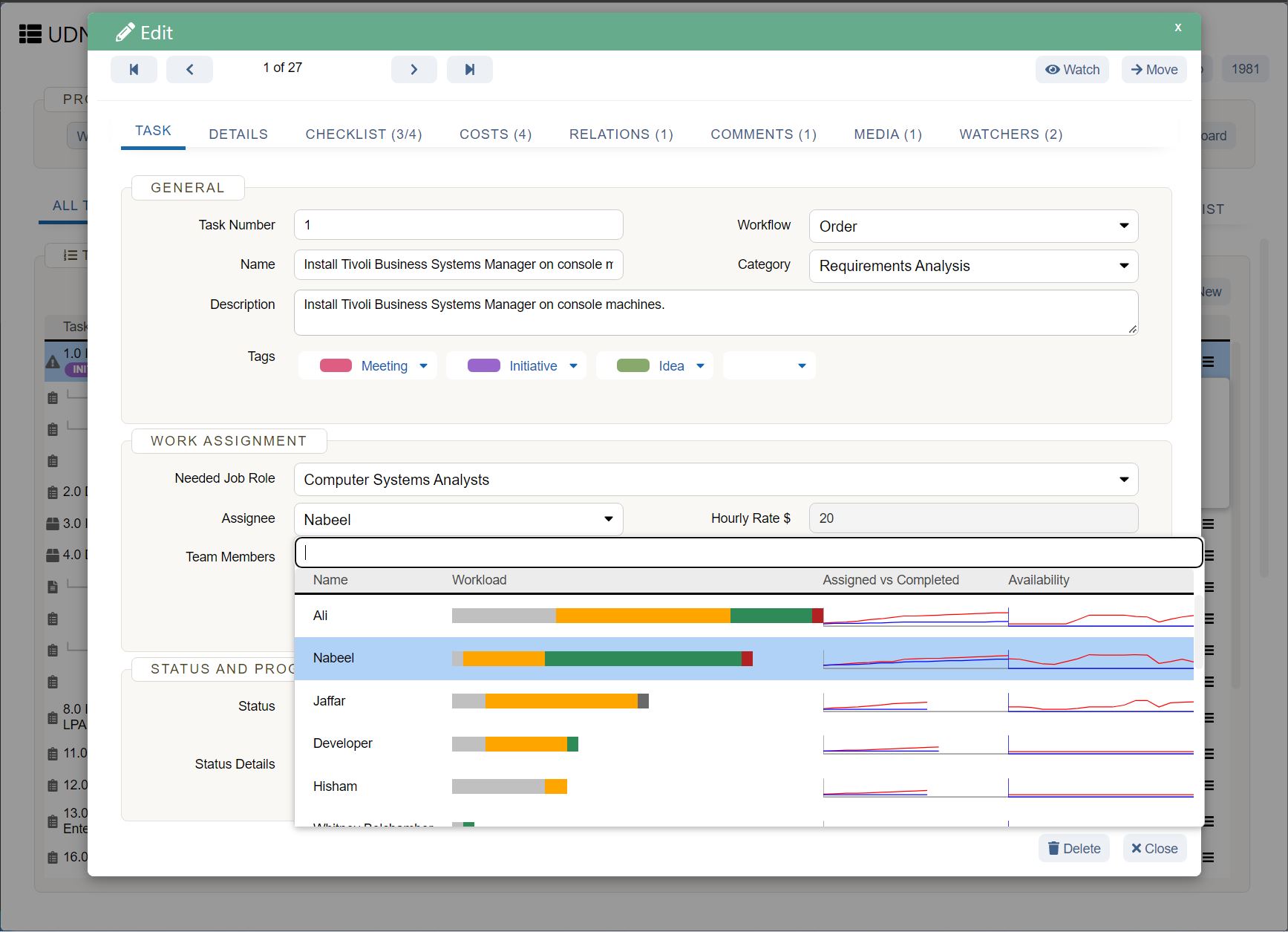
The old : For some strange reason, the idea of company culture used to be connected with the privileges available to an employee. Well, it doesn't really work like that.
Sounds like : "Look at our company! We've got pingpong tables, catered lunches, nap pods, your choice of Macs or PCs, and unlimited PTO. Our company culture is awesome!"
The new : These days, organizations understand that their culture is derived from how they live out the company's mission. So if your mission is to help customers manage projects more efficiently, then your everyday work better be efficient and productive too, especially when it comes to how do you work from home . It's not your perks, it's what values your company stands for and how it lives out those values on a daily basis.
Sounds like : "In this difficult exchange with a customer, she exemplified our core values. Let's give her a big hand!"
Read :
These 10 work rules embody how much has changed in the workplace in the last decade. Also how much has improved. There is a lot of room to grow and learn if you find yourself working in a company that understands these rules and gives its employees the chance to practice them. But what if you're in a company that still practices the old, tried and true ways of doing things? Perhaps it may be a good time to explore better options .











